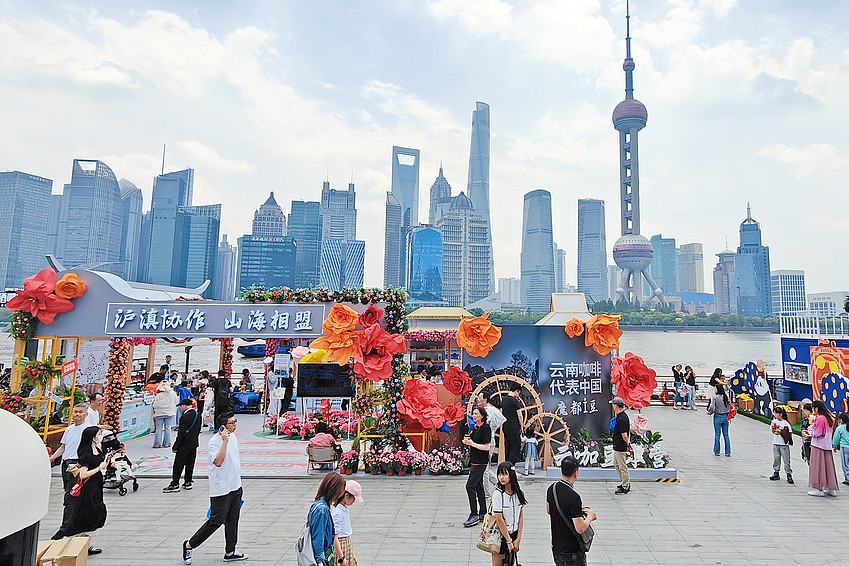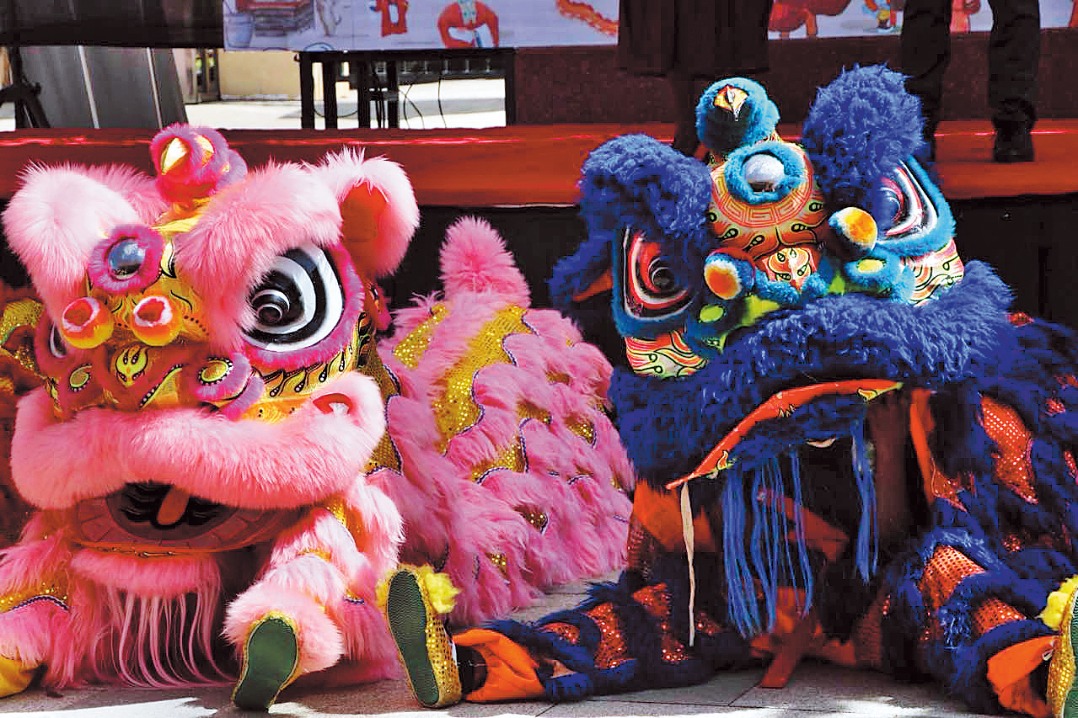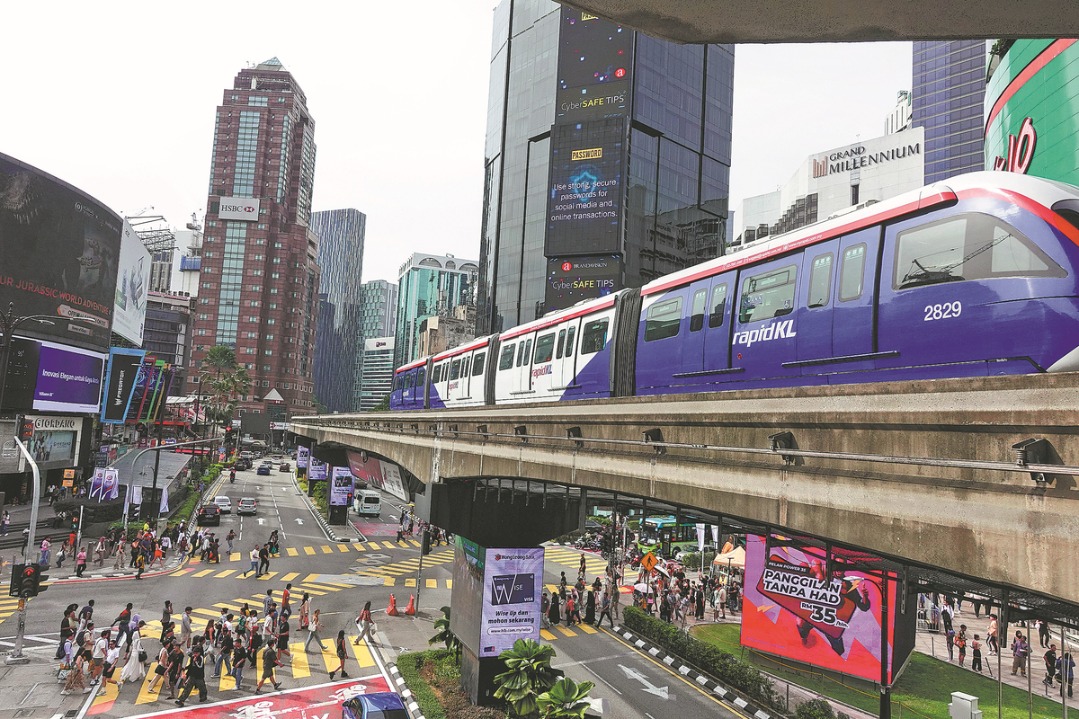Memory, meaning and momentum


China's wartime history education boom has created a model that preserves historical heritage while fueling regional development
Amid rising global conflicts, unilateralism and geopolitical strains, the multilateral system faces severe challenges. Yet, the principles of peace, development and mutual benefit are increasingly embraced worldwide, fostering a more inclusive approach to global governance. In this context, the 80th anniversary of the victory in the World Anti-Fascist War is being observed around the world. Though commemorations vary, their shared aim remains: to honor those who suffered and sacrificed, and to reflect on the historical lessons that continue to shape today's international order.
As a permanent member of the United Nations Security Council and the largest developing country, China has all along been a staunch builder of world peace, contributor to global development, defender of the international order and provider of public goods. Preserving an authentic and profound record of wartime history is conducive to maintaining and strengthening the current multilateral system. Deepening public understanding of the suffering endured, lessons learned and missteps made creates space for reform and improvement, fostering a shared commitment to peace, which remains a crucial step toward reconciliation and the resolution of global conflicts.
In this context, China's thriving wartime history education, especially the emerging form of historical study tours that focus on immersive experience and educational function, has become a telling example of restoring historical truth and preserving the collective memory of the war.
China's history-oriented cultural education has undergone a significant shift from observational history-telling to immersive, participatory memory practices.
With the help of technologies such as artificial intelligence, augmented reality and virtual reality, visitors can "speak" with fallen martyrs, "walk" through wartime tunnels and "explore" field hospitals. For example, at the Museum of the War of Chinese People's Resistance Against Japanese Aggression, interactive smart screens allow visitors to enter the virtual tunnels once used in central Hebei province, while digital memorial walls enable them to bow respectfully to the heroes of the past. Chongqing Hongyan Revolution History Museum employs multi-surface projection mapping, holographic displays, VR, AR and naked-eye 3D to create fully immersive digital exhibition halls. This accessibility helps broaden public engagement while supporting the sustainable operation of digital infrastructure.
AI makes possible personalized tour routes and more engaging forms of storytelling, transforming a collective body of knowledge into a tangible individual experience. Intelligent Q&A robots and virtual history guides can answer complex questions in real time, turning one-way visits into interactive conversations. With these technologies, history is no longer a static, monotonous narrative but a dynamic, interactive and multidimensional learning process.
At a time marked by frequent global conflicts and increasingly fragmented historical narratives, China's integration of digital innovation into historical education and memory-building practices sends a powerful message to the world: innovative technology-powered wartime history education can serve as a bridge between heritage preservation and shared community building.
These cultural efforts are yielding measurable results. The scale, reach and depth of these tours set them apart from other antiwar commemorations around the world. Data show that in recent years, total visits to red tourism sites nationwide have surpassed 2 billion, with the market size approaching 1 trillion yuan ($140.4 billion).
This summer, the Hundred-Regiment Campaign Memorial Hall in Shanxi province saw the number of visitors surge more than fivefold year-on-year. Over 20,000 people attended immersive historical education classes at the Site of the New Fourth Army Headquarters in Anhui province. The Memorial Hall of the Victims in the Nanjing Massacre by Japanese Invaders receives about 25,000 visitors per day, and the Exhibition Hall of Evidences of Crime Committed by Unit 731 of the Japanese Imperial Army in Harbin, Northeast China's Heilongjiang province, draws a daily average of more than 9,500 visitors, 58 percent more than normal levels.
China's model of combining cultural and historical resources with regional economic transformation offers a replicable example for other countries and regions. History-related study tours and museum visits can promote the income and well-being of old revolutionary base areas by increasing government public investment, boosting non-agricultural employment and improving the quality of the ecological environment.
By converting its historical resources into economic assets, China's historical education has created a win-win model that preserves culture while fueling regional development with positive spillover effects for the regional economy. It has opened a path to revitalization for areas with limited resources. More than a form of heritage education, it embodies a new development philosophy that blends economic development, technological innovation and social governance. This approach provides an important point of reference for countries and regions confronting rural decline, cultural erosion and uneven growth.
China's wartime history education is not only a cultural and economic phenomenon, but also conveys to the world the important values of remembering history and cherishing peace. Anchored in its role as the main Eastern battlefield in World War II, China has consistently stressed its identity as an upholder of peace in the postwar international order. China emphasizes the integrity, authenticity and educational role of remembrance, firmly rejecting historical nihilism. The rising popularity of historical tourism sends a clear signal beyond China's borders: only by faithfully remembering the history of war, by deeply engaging with its meaning and by widely sharing its stories, can humanity draw enduring lessons that transcend time and space, withstand historical nihilism and offer both inspiration for peace and momentum for development.
The author is an associate professor at the Institute of Overseas Chinese and Area Studies at Wuyi University, Guangdong. The author contributed this article to China Watch, a think tank powered by China Daily.
The views do not necessarily reflect those of China Daily.
Contact the editor at editor@chinawatch.cn.


































